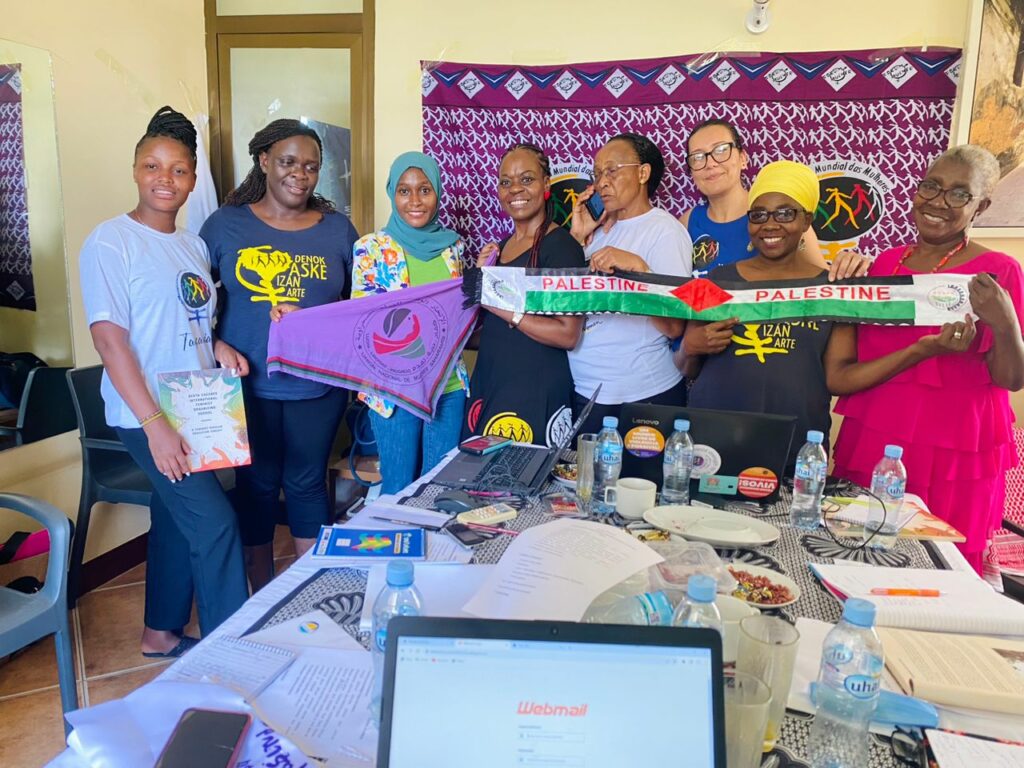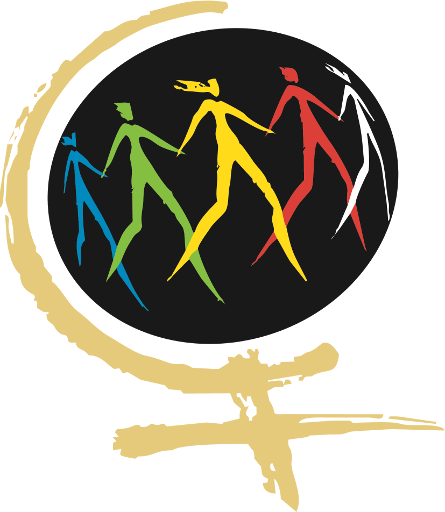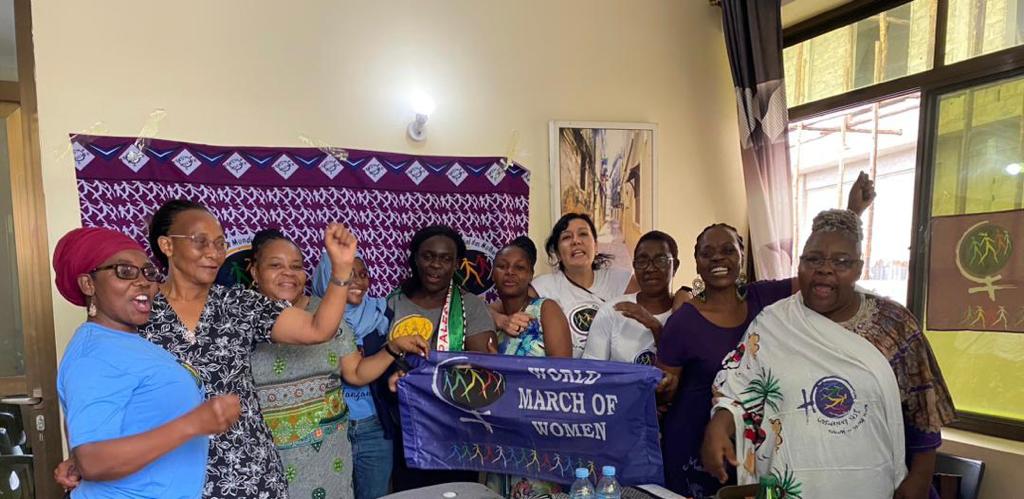On the 13 and 14th of November, the organizing committee from Mozambique, South Africa, Kenya, Tanzania, and Zimbabwe met in Dar Essalam, to strategize and put together the final proposal for the International Feminist School of AFRICA.
This sub-regional school has a journey and a background that we need to understand. It started with the very first proposal Berta Caceres International Feminist Organising School which originated from Brazil in 2018 and led to a valuable feminist grassroots lesson: knowing better our identity and who we are is the accurate way to womanize our struggle. Berta Caceres School guided our understanding as activists’ feminists towards a collective challenge of patriarchy – as well as racism, homophobia, and all forms of discrimination, and their harmful effects.
This group of feminists gathered in Tanzania believe that:
IFOSA: International Feminist Organizing School of Africa will be reflecting our identity, locality, and grassroots work we do as Africans. We believe that if “we want to educate ourselves we need to value our history”, and we need to unlearn what we have learned to learn the forbidden. Following the principles of popular education, this school will be built on a participatory education methodology, not in a hierarchical normative way. It will embrace people from all angles to help them to go through an unlearning / learning process. This school will reflect our motivations for the analysis, and our methodological approach to build our knowledge.
The main strategy of conducting IFOSA is standing in connectivity with one another, questioning systems of oppression, and speaking out against the root causes of inequalities, trying to get guided by the intersectional feminist approach precisely the African one.

Feminist political training endorses social justice pedagogy and pedagogy is what we need to generate the knowledge we need, that comes from our lived experiences as participants of the school. Intersectional feminist praxis that prioritizes local struggles in intersection with regional, national, and transnational politics, is the perfect praxis for a better understanding of inequality and oppression.
This face-to-face training will be held in Tanzania, in March 2024 with a participation of approximately 30 participants, including representatives from IS and IC African members, that we welcome to be part of this very important process for Africa. The school will run over 5 days covering 5 topics.
Starting our political training journey in Africa, we are gratefully connected to the spirit of Nalu, and gratefully guided by the challenging organic discussions with Sandra Moran.
Our dream is getting closer to reality and our conception of feminism is our IDENDITY .
We will continue the March until all women are free
Womannndla
In the name of WMW Africa, this article was written by Kaouther Abbes.

